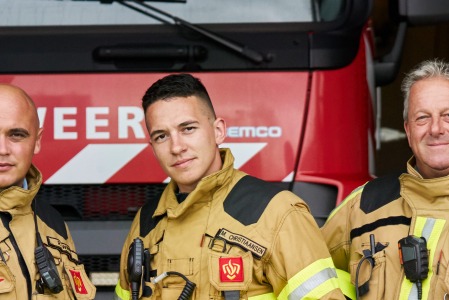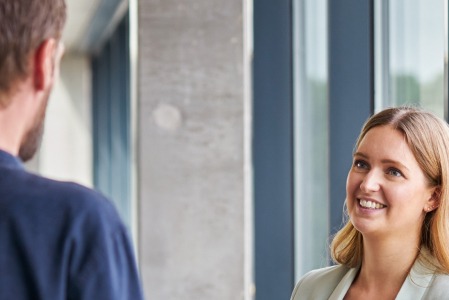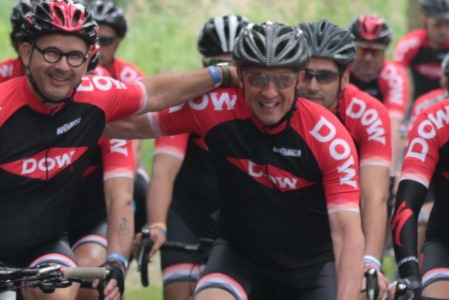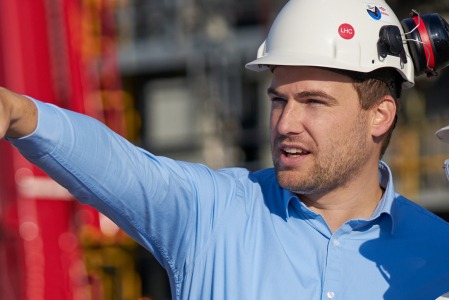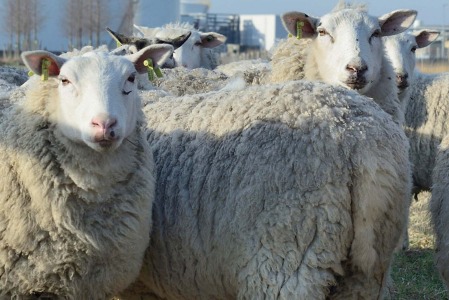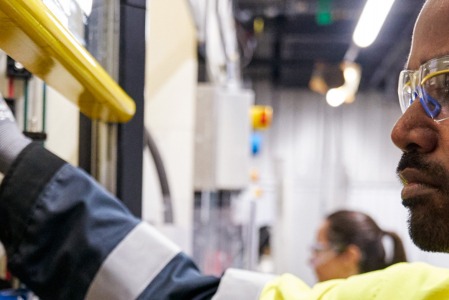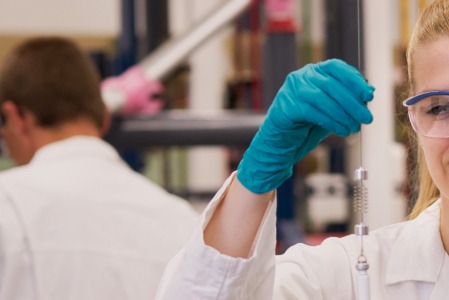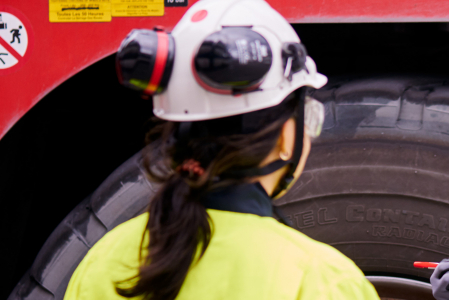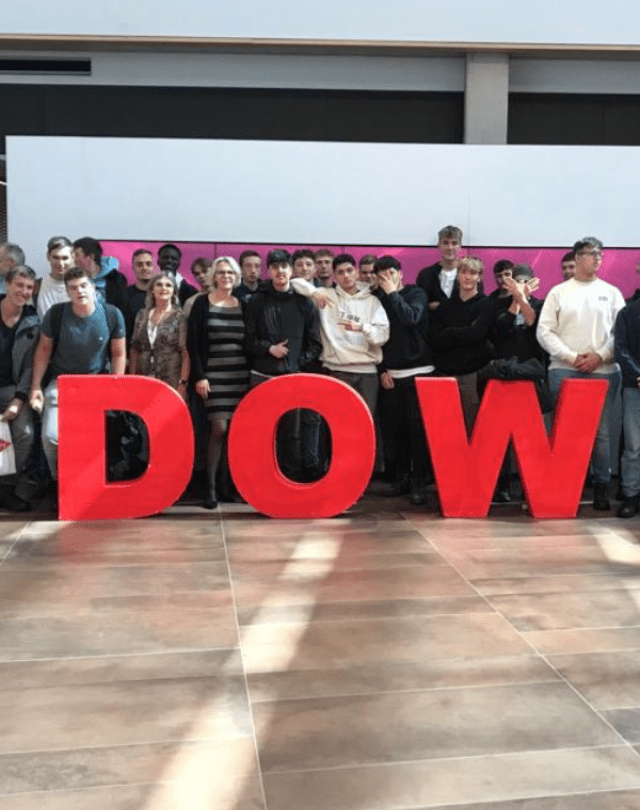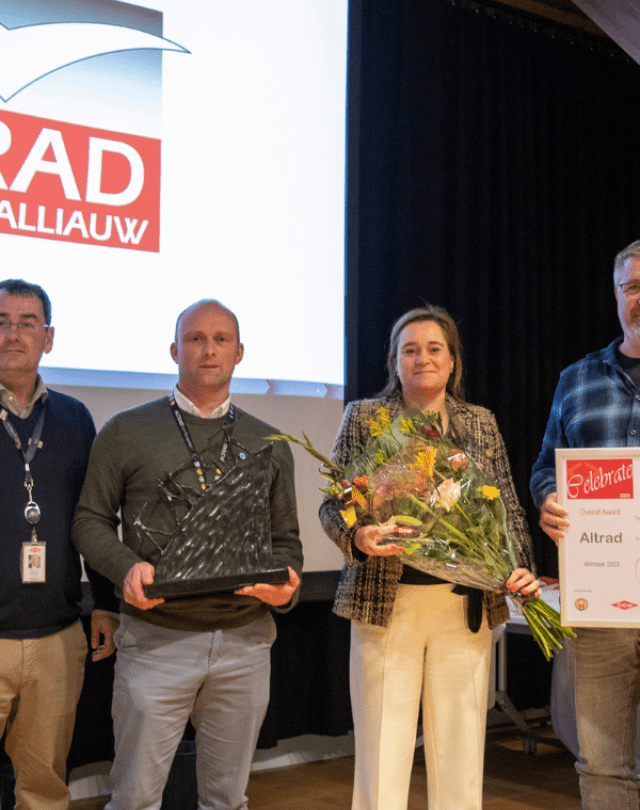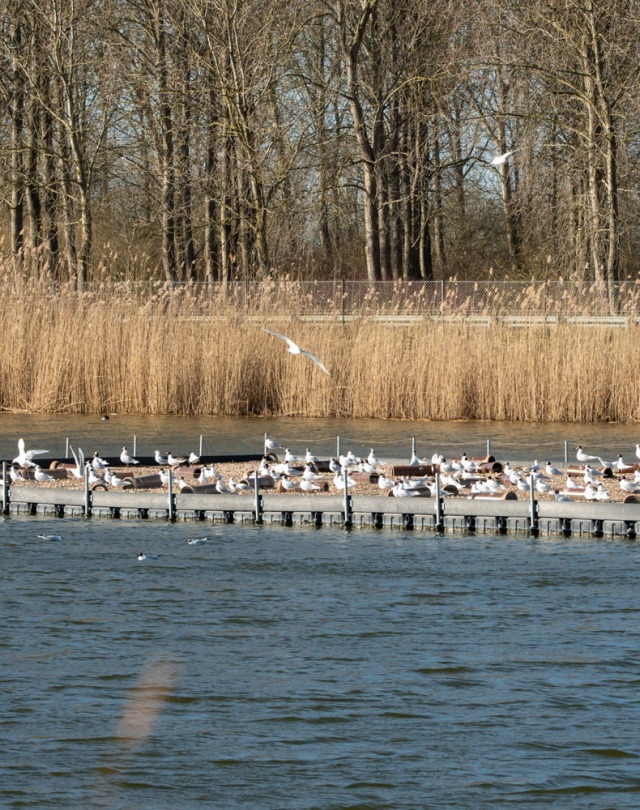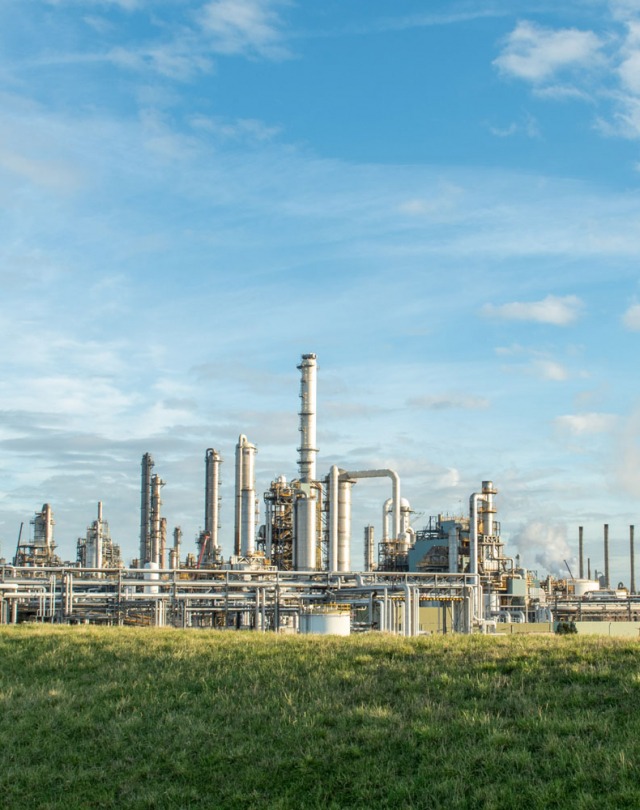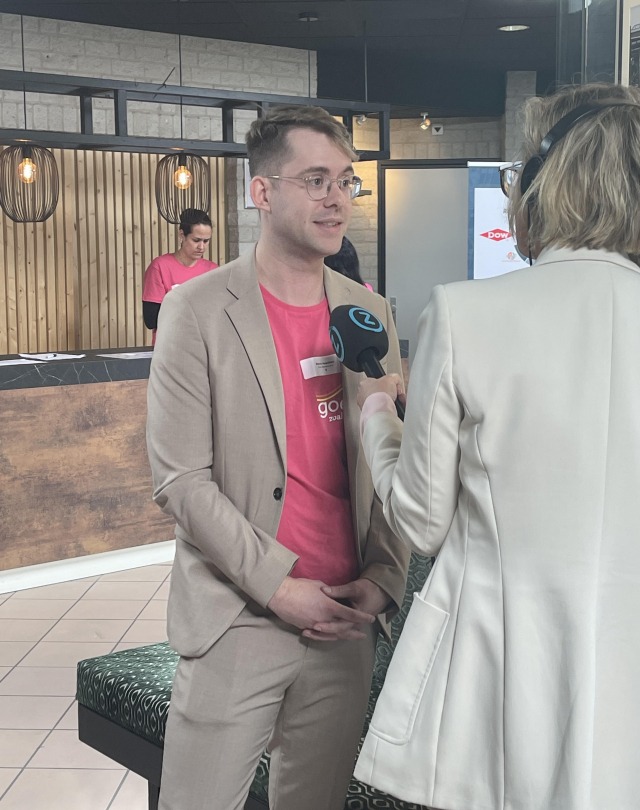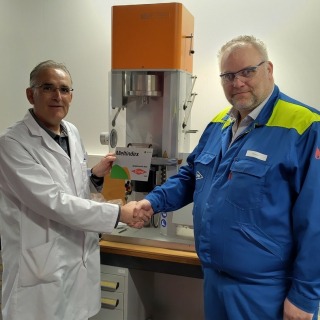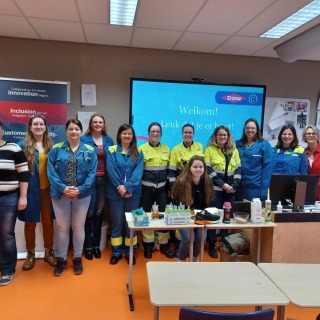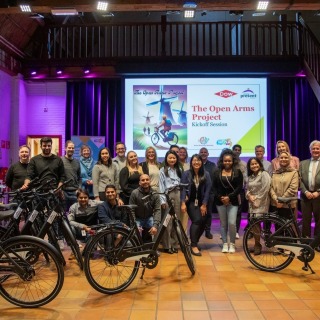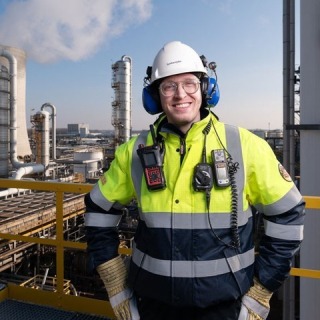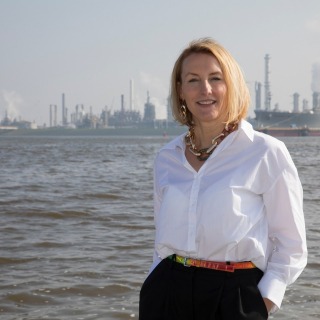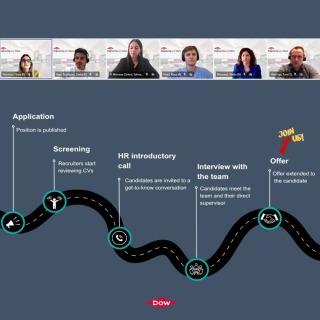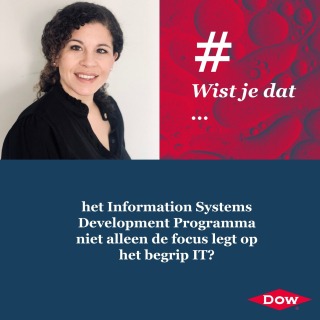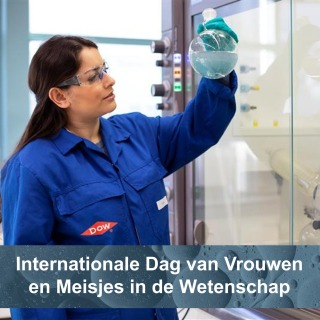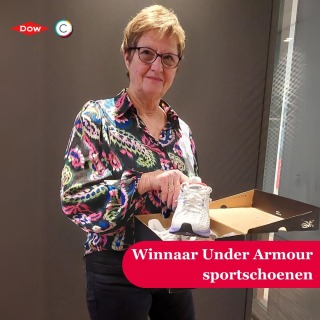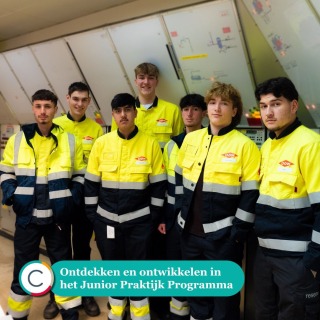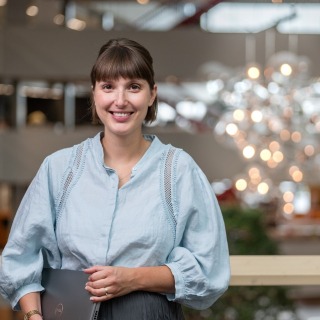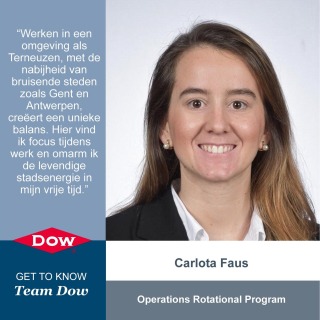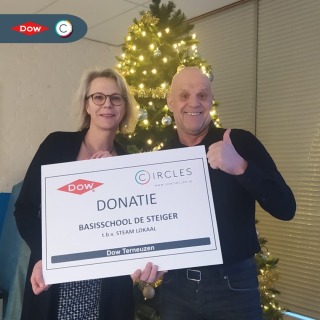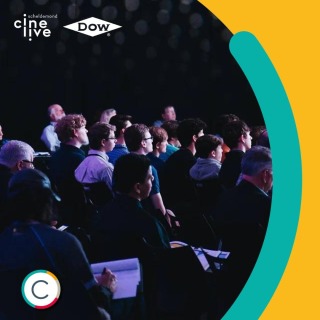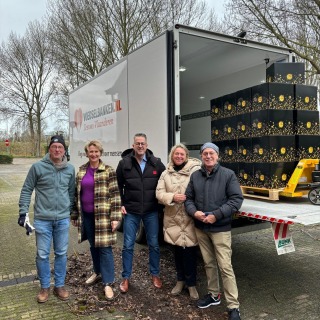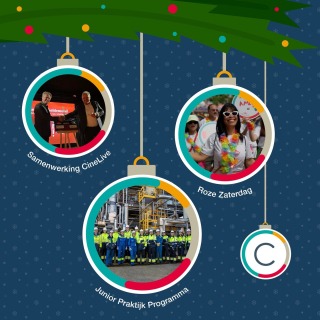Welkom bij DowCircles!
Het duurzaamheidsplatform van Dow Terneuzen
Bij Dow Terneuzen maken we plastics en basisgrondstoffen waarmee tal van producten worden gemaakt die we allemaal dagelijks gebruiken. Denk bijvoorbeeld aan smartphones, verpakkingsmaterialen, matrassen, isolatiemateriaal en coatings. In ons productieproces hechten we veel waarde aan duurzaamheid, veiligheid en innovatie. Andrea, Bart, Julie en andere collega’s vertellen je er meer over op dit platform.
Zo nemen we je mee in onze zoektocht hoe we stap voor stap innovatieve projecten en duurzamere oplossingen ontwikkelen. Met als ultieme doel om te komen tot een volledig circulair productieproces bij Dow Terneuzen. Met minimale belasting voor het milieu en onze leefomgeving.
Samen maken we de cirkel rond! Ga je mee?
Dit doel kunnen we niet in een keer behalen, maar doen we stap voor stap. En dat kunnen we niet alleen! De cirkel van betrokkenheid, waarbij we nauw samenwerken met onze collega’s, omwonenden, partners en klanten, willen we vergroten. Samen willen we kennis, ervaring en ideeën delen om te komen tot de beste resultaten. Zodat toekomstige generaties nog comfortabeler en duurzamer kunnen leven met onze hoogwaardige producten.
Mis je iets of wil je meer uitleg over een bepaald onderwerp? Laat het ons weten!



